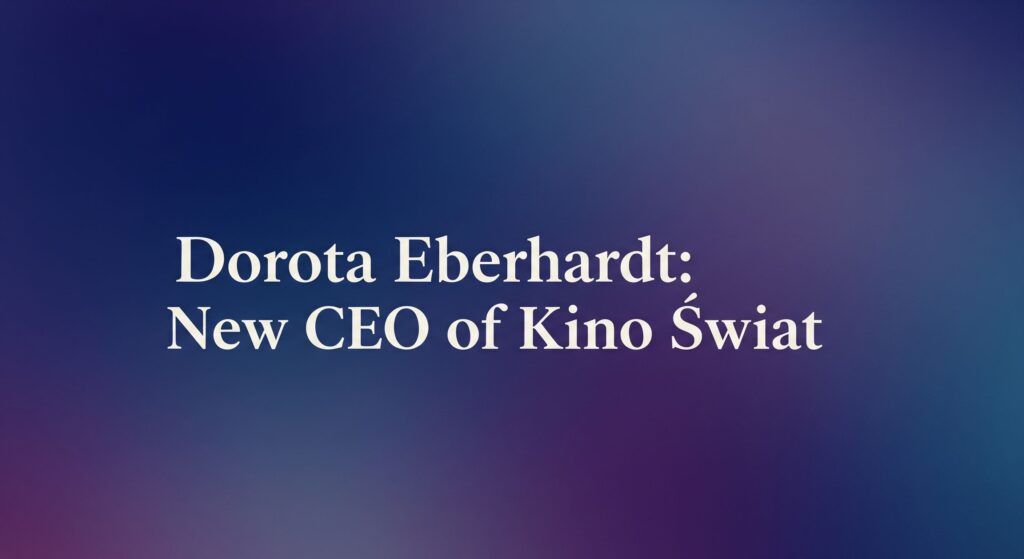A Love Letter to Brooklyn
“Love, Brooklyn” serves as both a heartfelt tribute to the vibrant people and places of its namesake borough and a showcase for the talents of its three charismatic lead actors. Featured in Sundance’s US dramatic competition, the film stars Andre Holland, Nicole Beharie, and DeWanda Wise as ambitious New Yorkers entangled in a complex love triangle. Directed by first-time filmmaker Rachael Abigail Holder and penned by screenwriter Paul Zimmerman, this low-key romantic odyssey radiates intimate warmth while offering a nuanced character study of a beloved, ever-evolving neighborhood.
Complex Relationships in a Unique Setting
Casey (Beharie) and Roger (Holland) once shared a romantic relationship but have transitioned to a friendship—though lingering feelings remain. Meanwhile, Roger’s casual relationship with grieving widow Nicole (Wise) deepens as her young daughter Ally (Cadence Reese) begins to see him as a father figure. These characters are not just defined by their relationships; they are also professionals whose lives are intricately tied to Brooklyn. Roger is a journalist tasked with writing a comprehensive essay on the evolution of this part of New York City, particularly for its Black residents, while Casey runs an art gallery facing the challenges of gentrification.
Observational Storytelling
Zimmerman’s script adeptly navigates both the micro-level of personal relationships and the macro-level of economic and social transformations in their community. It offers keen insights into modern dating for those in their 30s and 40s, addressing the complexities of starting and ending relationships, especially when children are involved. Holder captures the actors with a gentle sensitivity, highlighting subtle emotional nuances as they confront these challenges.
The Essence of Brooklyn
Above all, the film encapsulates what Brooklyn signifies for its residents, reflecting a distinct culture and lifestyle. The filmmakers demonstrate a deep understanding of the local populace: their conversations, professions, and daily lives. They even humorously contrast Brooklyn’s residents with those from Manhattan and Los Angeles, showcasing a dichotomy of relaxed versus uptight. Holder enriches the visual narrative with dynamic contributions from local artists and a soundtrack featuring local musicians, enhancing the authenticity of this portrayal.
A Day in the Life
“Love, Brooklyn” effectively illustrates its characters through a series of distinctive scenes that resonate with anyone familiar with urban life. It captures the essence of making plans with friends only to encounter others you’d prefer to avoid, the small crises that arise from poorly timed words, and the emotional truths that surface under the influence of alcohol. As feelings are hurt and relationships are reevaluated, the day culminates in both genuine revelations and poignant regrets.
Dynamic Performances
Holland and Beharie share palpable chemistry, with their playful banter hinting at unresolved feelings. Their comfort with one another invites the audience to root for their relationship, even as the screenplay suggests they may not be right for each other. Holland shines as a romantic lead, a role he hasn’t explored since “Moonlight,” while Beharie showcases her captivating presence in her first major role since her acclaimed performance in 2020’s “Miss Juneteenth.” Wise brings a relaxed charm to her dual role as a nurturing mother and an enticing lover, subtly revealing Nicole’s inner struggles. Together, the trio creates a love triangle that feels both authentic and engaging.
Supporting Characters and Representation
While the film excels when focusing on this central trio, the supporting characters, intended to represent Brooklyn’s diverse tapestry, fall short in development. Only Cassandra Freeman, portraying a self-absorbed art collector, manages to elicit satirical laughs. Additionally, crowd scenes—whether in parks, streets, or parties—appear unnaturally sparse, which may be a budgetary constraint but detracts from the portrayal of a bustling urban environment.
Gentrification and Its Implications
“Love, Brooklyn” hesitates to delve deeply into the topic of gentrification and its impact on long-time residents. Despite numerous discussions among characters, the film fails to provide definitive insights. While posing the right questions is often effective, this ambiguity undermines the film’s potential to serve as a grand tribute to the borough, its inhabitants, and the reasons for its enduring appeal.
Conclusion: A Must-See Film
There’s no doubt that Holder and Zimmerman possess a profound understanding and affection for Brooklyn. They are fortunate to have cast three actors capable of evoking deep emotions effortlessly, making the romantic narrative compellingly relatable. For these reasons, “Love, Brooklyn” deserves to be recognized beyond the confines of Utah’s mountains.

















































